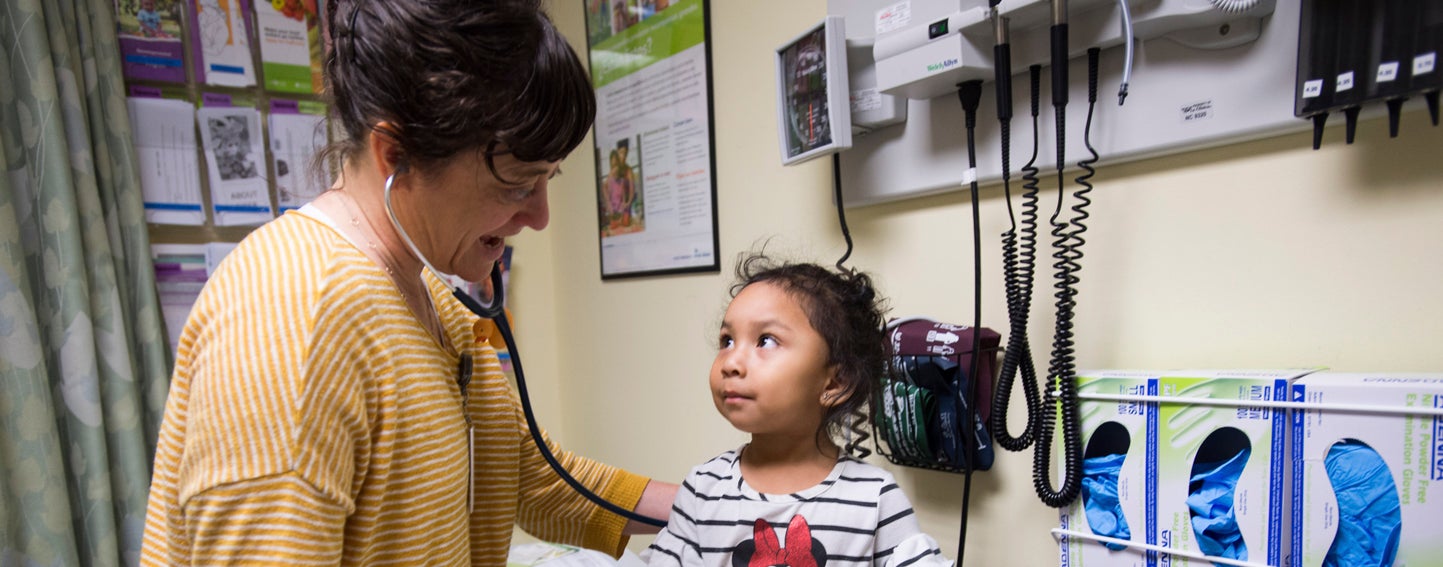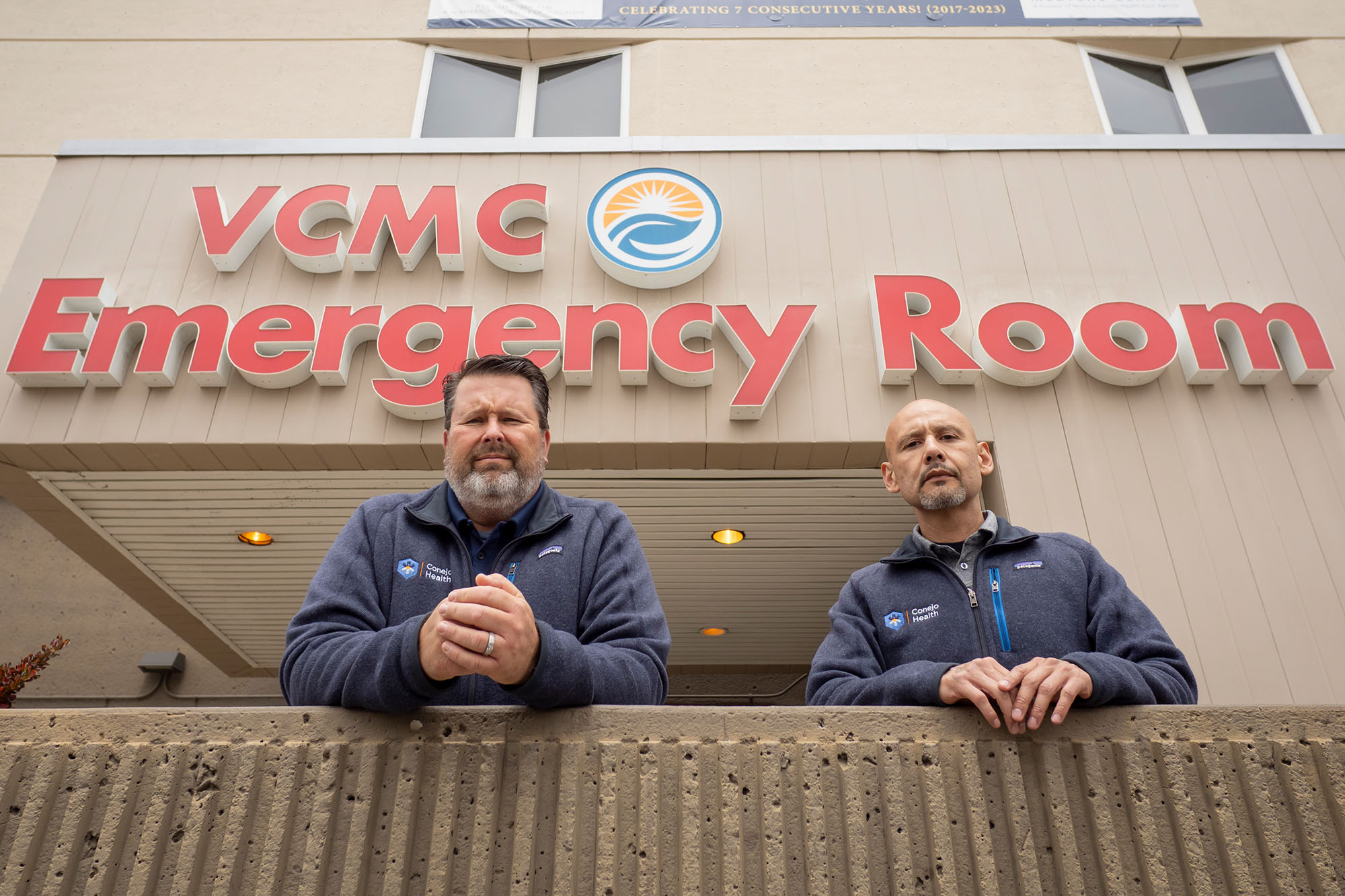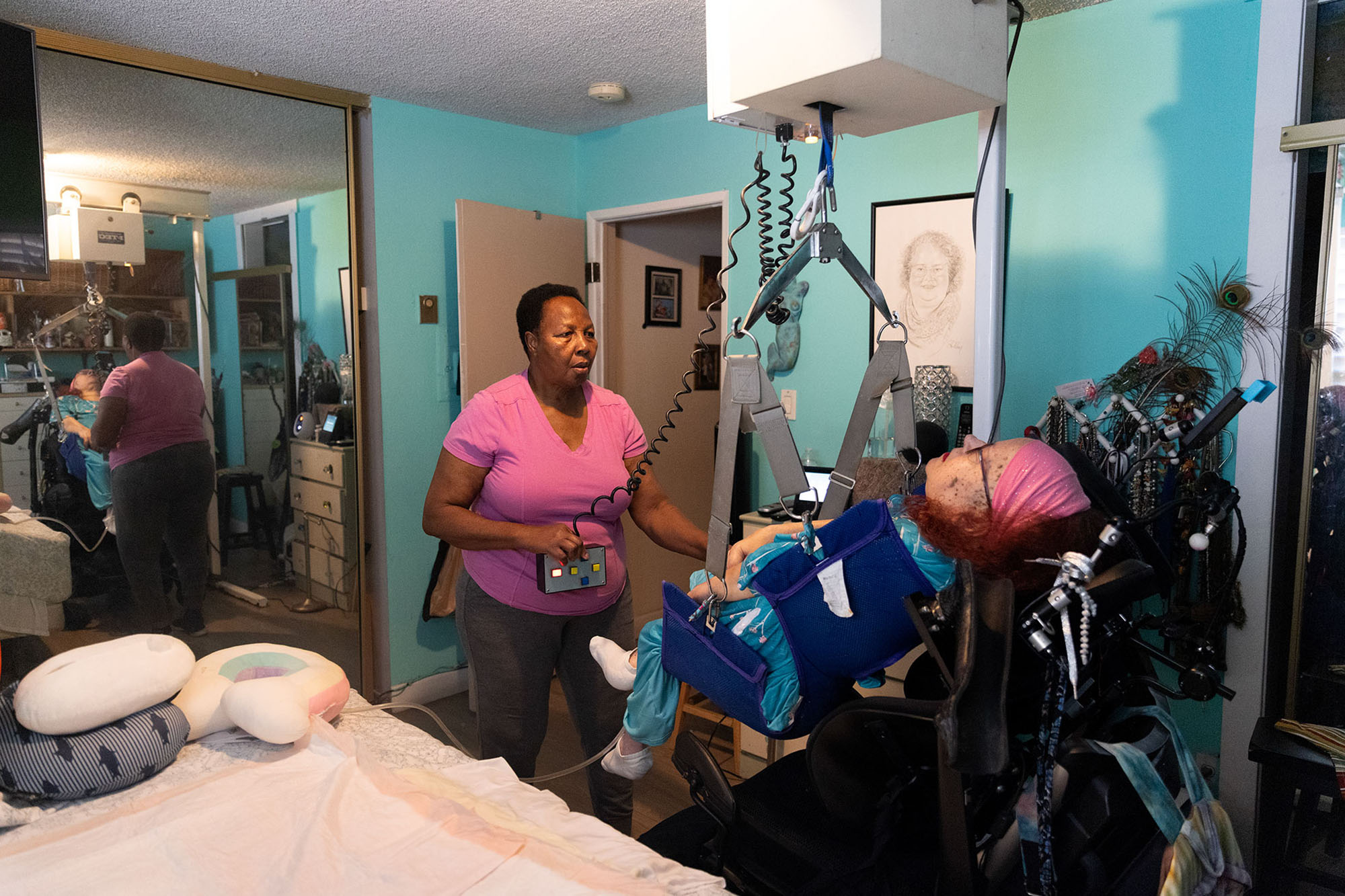
California should move swiftly to improve the quality of care in the managed care plans that serve 80% of Medi-Cal’s nearly 14 million enrollees, according to researchers at the University of California, San Francisco (UCSF). Led by Professor of Medicine Andrew Bindman, MD, with support from CHCF, the researchers examined 41 quality measures and found that more than half of the quality measures stayed the same or declined from 2009 to 2018. The metrics included rates of cancer screenings, timely pre- and postnatal care for women, and access to primary care for children.

With so many Medi-Cal enrollees in managed care plans, the lagging quality improvement suggests there is a great opportunity to improve care for California children, their parents and caretakers, persons with disabilities, and adults typically in low-wage jobs. The California Department of Health Care Services (DHCS) administers Medi-Cal. The findings have excited Medicaid experts around the country.
Andy Schneider, a research professor at the Georgetown University McCourt School of Public Policy, said the report represents “an important step forward on the road to full transparency about Medicaid managed care.” In a blog post for the Georgetown University Center for Children and Families, Schneider said it was not clear before the report was released whether the Center for Medicare & Medicaid Services (CMS) knew about the unsatisfactory quality scores across Medi-Cal managed care plans. “Now everyone knows,” he wrote, “and the process of holding the [managed care plans], the state Medicaid agency, and CMS accountable for results can begin.”
Focus on Children’s Care
One of Bindman’s most striking findings is that quality of care in Medi-Cal managed care significantly declined on four measures, including three metrics related to children’s health. For instance, recommended well-child visits for two- to six-year-olds fell from 86% in 2012 to 84% in 2018. The drop of two percentage points might seem small, but “it means tens of thousands of children aren’t getting the well-child visits that they should be getting,” Chris Perrone, director of Improving Access at CHCF, said in an interview with Capital Public Radio’s Steve Milne. “We should be expecting quality to improve over time, not fall flat or in this case decline.”
The study also reveals variation in quality of care based on geography and type of managed care plan. Med-Cal enrollees living in areas served by a County Organized Health System tended to receive better quality care than those in counties with competing managed care plans. Cathie Anderson reported in the Sacramento Bee that “quality measures for for-profit health insurers paled, on average, when compared with those of nonprofit and public carriers.”
“For a program as important as Medi-Cal is, we’re not getting the kind of quality improvement out of it that we should expect,” Perrone told Anderson. “No one expects Medi-Cal to be perfect, but they do expect Medi-Cal to improve, and we think the approaches that [DHCS] has taken to date to try to improve quality over time are not working as they should.”
Use this interactive California map to learn more about the quality of care provided by local Medi-Cal managed care plans by county and region between 2009 and 2018.
Researchers Ask State Officials to Move Quickly
The UCSF researchers called on state lawmakers and DHCS to prioritize quality improvement in Medi-Cal managed care. “State officials must take bold steps to further invest in building California’s health care delivery system to help ensure that all Medi-Cal enrollees, regardless of where they live, receive timely access to high-quality care,” the researchers wrote.
Perrone said DHCS should raise the bar for Medi-Cal managed care plans. The department “should establish specific and measurable goals for improving access and quality for the program as a whole and from each managed care plan,” he told Anderson.
Shifting to value-based payments could encourage managed care plans to meet or exceed quality metrics. Currently the state sets minimum performance levels and penalizes Medi-Cal managed care plans for falling below those levels, Perrone said. If California wants plans to improve, it must adopt financial incentives that reward plans for quality improvement, he said.
DHCS has not yet reviewed the UCSF report, Angela Hart reported (paywall) in POLITICO Pro, but the agency says it is committed to providing high-quality care to all Medi-Cal enrollees. “To hold providers accountable, DHCS is requiring managed care plans to strengthen their onsite reviews of provider officers and ensure that appropriate preventive services are delivered to children,” Anthony Cava, DHCS spokesperson, said in a statement.
Showing What’s Possible
A companion study by Chapman Consulting, also commissioned by CHCF, examined six managed care plans that increased their quality scores between 2009 and 2018 and suggested quality improvement strategies that could be deployed by policymakers, Medi-Cal program officials, and managed care plans. The case studies showed that, among other criteria, leadership commitment, effective data analysis, and financial incentives for members and providers were key to the managed care plans’ quality improvement initiatives.
For example, a case study of the Health Plan of San Mateo showed that its implementation of several strategies helped increase the percentage of women getting appropriate postpartum care by 15 percentage points in a decade (from 60% in 2009 to 75% in 2018), moving it well above the statewide average (64%). The health plan increased data reporting of recent deliveries by members from monthly to weekly. It used the report to identify postpartum members and engage them via phone calls and text messages to schedule follow-up appointments with their providers. It also instituted a specific code to capture postpartum visits so that providers could be rewarded with an incentive payment for each postpartum visit completed.
Richard Figueroa Takes the Reins at DHCS
On September 25, Governor Gavin Newsom announced the appointment of Richard Figueroa Jr. as acting director of DHCS. Figueroa has served as deputy cabinet secretary in the Office of Governor Newsom since January and was director of prevention for the California Endowment from 2010 to 2018. Prior to working at the California Endowment, Figueroa had a long history of state service. He replaces Jennifer Kent, who resigned last month after heading the department since 2015.
Authors & Contributors


Jessica Brandi Lifland
Jessica Brandi Lifland is a freelance photographer, instructor of journalism at City College of San Francisco, and mother. Her work with publications and nonprofits such as Operation Smile, Tostan, and the California Health Care Foundation has taken her all over the world, including West Africa, the Middle East, Kosovo, Burma, Haiti, and South America.
For two decades she has been photographing the National Cowboy Poetry Gathering and has been working on a long-term project documenting the lives of the cowboy poets of the American West in affiliation with the Western Folklife Center. She plans to make her project into a book.





